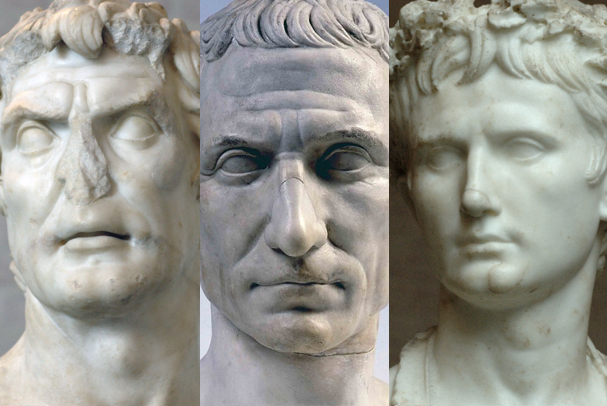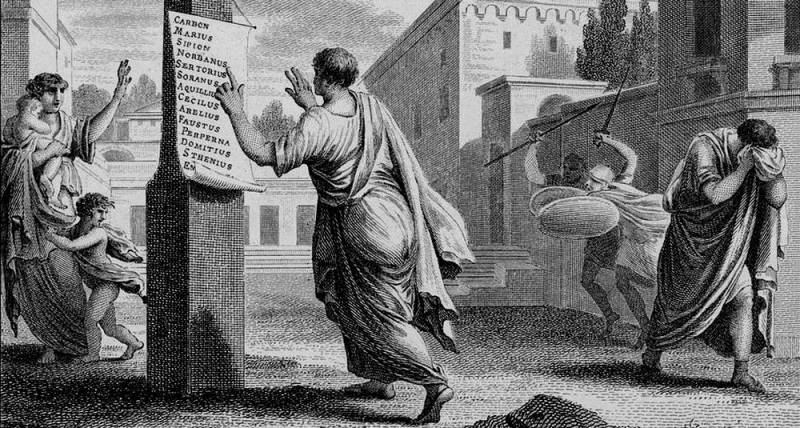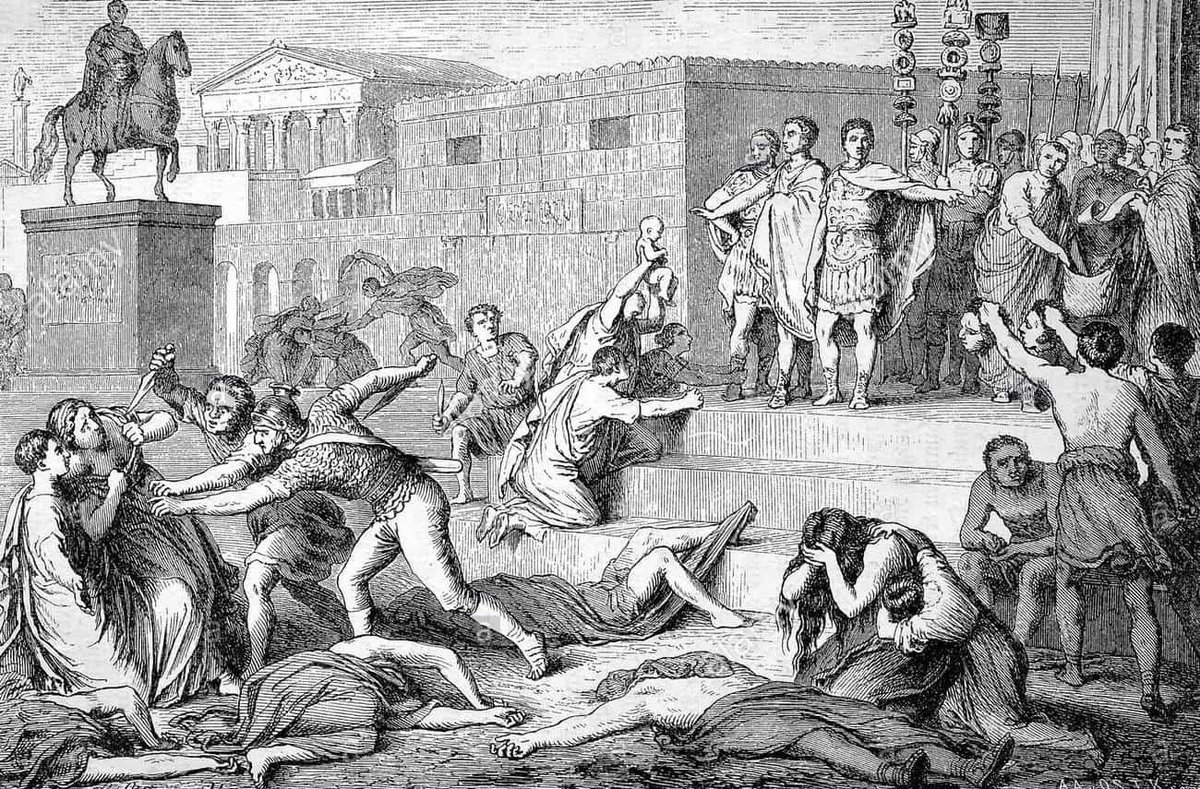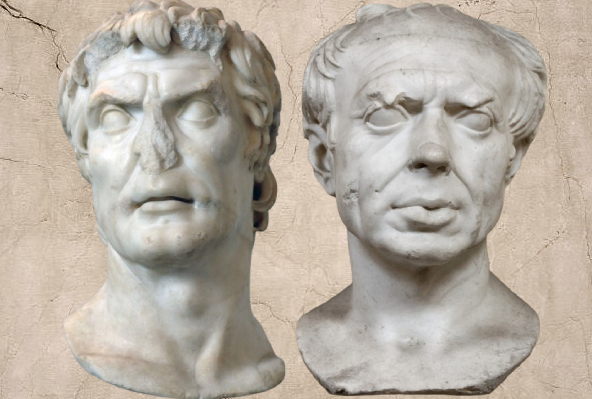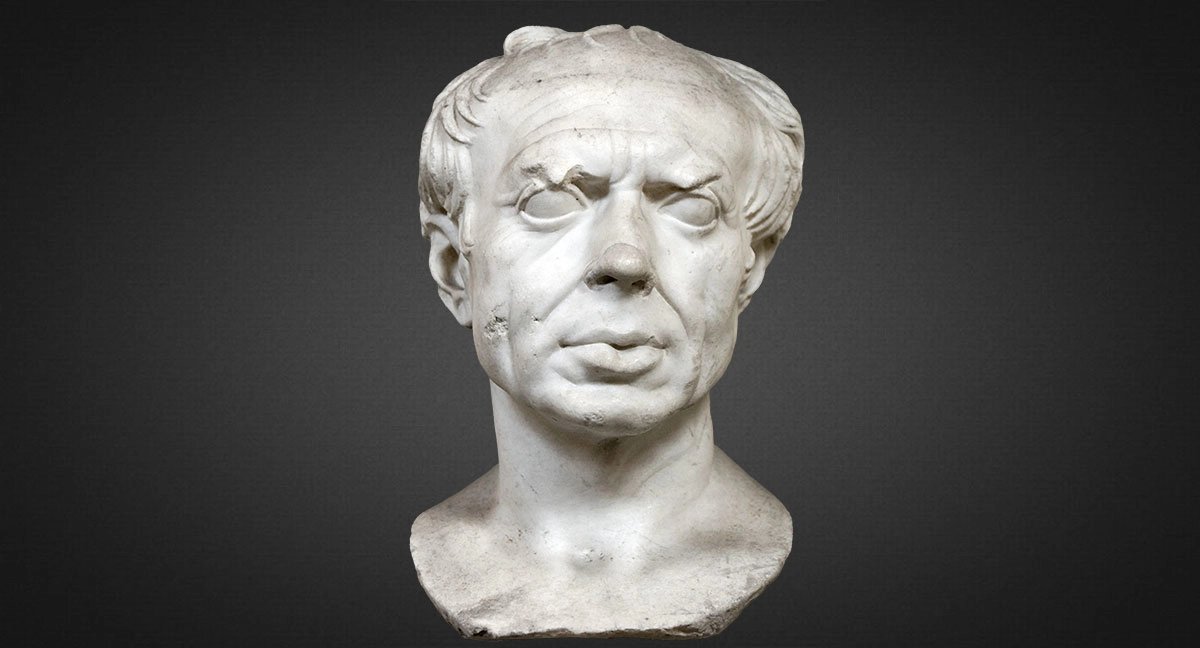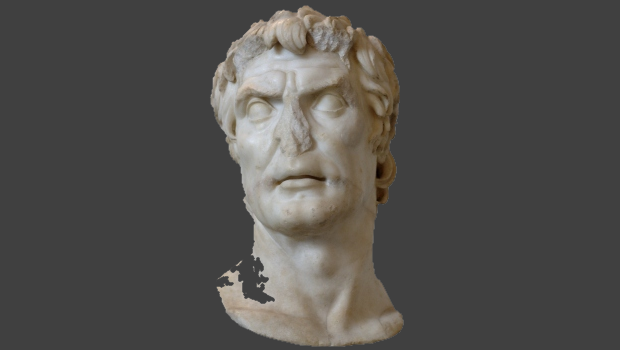Hey fellow Stoics ... let’s engage a little.
How did your discover #Stoicism?
Drop your story in the comments below. 👇👇👇
How did your discover #Stoicism?
Drop your story in the comments below. 👇👇👇
My Stoic journey started with the Ryan Holiday book “The Obstacle is the Way”.
I can’t recall how or why I stumbled on that book. Must of read about it somewhere.
It was the first time I heard of Stoicism and it just “fit” me and sent me down the Stoic path.
I can’t recall how or why I stumbled on that book. Must of read about it somewhere.
It was the first time I heard of Stoicism and it just “fit” me and sent me down the Stoic path.
Next I listened to William Irvine’s excellent A Guide to the Good Life audiobook on a long business trip drive.
That really cemented Stoicism for me and I began reading the Stoics. Starting with Meditations.
That really cemented Stoicism for me and I began reading the Stoics. Starting with Meditations.
• • •
Missing some Tweet in this thread? You can try to
force a refresh


